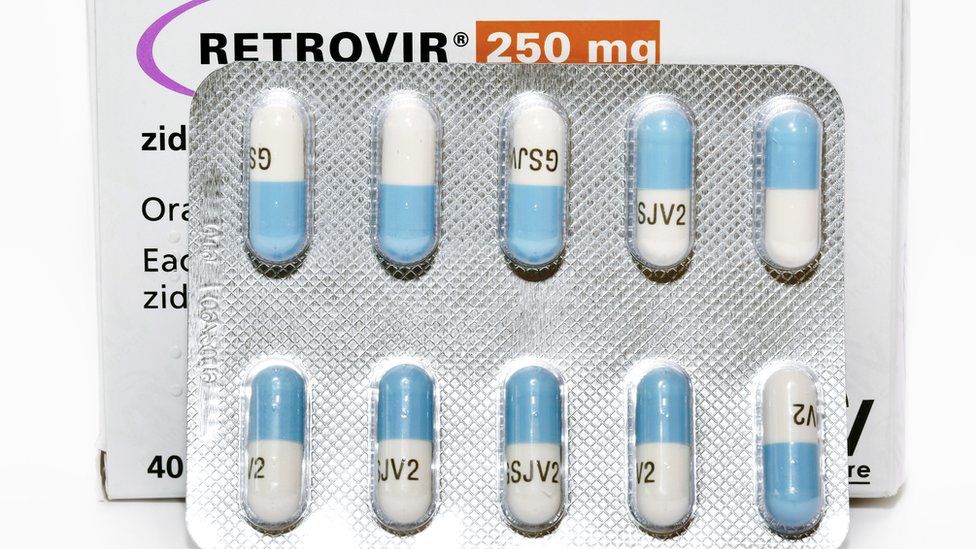A new report released by the United Nations says the world is making progress towards ending AIDS by 2030.
But the world’s deadliest pandemic could only be halted if the leaders grasped the opportunity, it cautioned.
“We have a solution if we follow the leadership of countries that have forged strong political commitments to put people first and invest in evidence-based HIV prevention and treatment programs,” the UNAIDS agency said in a report.
Adopting non-discriminatory laws and empowering community networks, among other initiatives, is an effective response to HIV, it added.
UNAIDS Executive Director Winnie Byanyima noted that success is possible in this decade.
“The end of AIDS is an opportunity,” for today’s leaders to be remembered as “those who put a stop to the world’s deadliest pandemic,” said Byanyima.
Progress has been strongest in the countries and regions that have spent most on tackling HIV/AIDS such as in eastern and southern Africa, where new HIV infections have been reduced by 57pc since 2010.
Botswana, Eswatini, Rwanda, Tanzania and Zimbabwe have already achieved what is called the 95-95-95 targets.
This means that 95pc of those living with HIV know their status; 95pc of those who know they have HIV are on life-saving anti-retroviral treatment; and 95pc of people on treatment achieve viral suppression.
At least 16 other countries, including Denmark, Kuwait and Thailand are close to achieving the target.
In 2022, 39 million people globally were living with HIV, of whom 29.8 million were accessing anti-retroviral therapy, UNAIDS said.
The numbers on anti-retroviral treatment have nearly quadrupled from 7.7 million in 2010.
Following support and investment to end AIDS among children, 82pc of pregnant and breastfeeding women living with HIV globally were able to access antiretroviral treatment last year – up from 46pc in 2010.
New infections among children have fallen by 58 percent during the same period, the lowest number since the 1980s, UNAIDS reported.
Around 1.3 million people became newly infected with HIV last year — down 59pc from the peak in 1995.
Meanwhile, 630,000 died from AIDS-related illnesses.
“Overall, numbers of AIDS-related deaths have been reduced by 69% since the peak in 2004,” the report said.
By Agencies (DW,UN)





